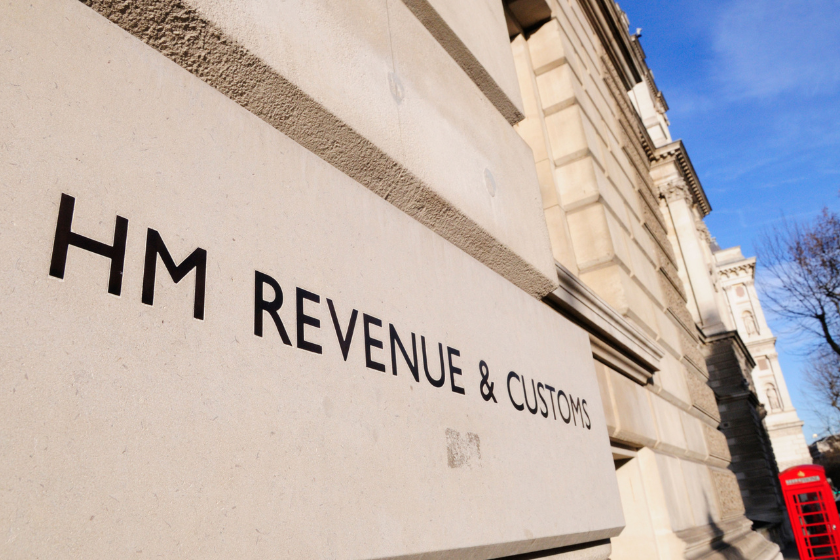HMRC umbrella company ‘checking tool’ looms for workers
Umbrella company consultation response and guidance due from HMRC, as more details come out on Tax Administration and...
READ MORE
HMRC has backflipped on this week's announcement that long periods of shutdown for self-assessment and VAT helplines, trialled in the past year, would become permanent.

[UPDATE: 20 March 2024] Since we reported on the HMRC's original 19 March announcement about closing down helplines, HMRC announced on 20 March that it will pause planned changes to the self assessment, VAT and PAYE helplines while it consults stakeholders. This article has been updated to reflect the 20 March announcements.
On 19 March HMRC announced that its phones would be off the hook going forward, following a trial last year.
Both the self-assessment and VAT helplines would face permanent, long, closures, according to the original announcement. The self-assessment line would shut between April and September, while the VAT line would be open for five days a month ahead of the VAT return filing deadline.
According to the original 19 March announcement:
HMRC has now reversed that decision and announced that it will pause planned changes to the self assessment, VAT and PAYE helplines while it consults stakeholders.
In its 19 March announcement, HMRC had stated that the move to online self-service for both self assessment and VAT was a “vital element of HMRC’s modernisation of the tax system, allowing more customers to self-serve and access the information they need more quickly and easily by going online or to the HMRC app, which is available 24/7”.
“There will also always be support available for those who cannot use online services," it said at the time.
The next day, 20 March, HMRC responded to broad criticism by pausing the changes. Chief executive and first permanent secretary Jim Harra explained that, although the changes were intended to boost productivity by shifting taxpayers to online services, HMRC recognised that the changes did not prioritise the public's needs.
"Making best use of online services allows HMRC to help more taxpayers and get the most out of every pound of taxpayers’ money by boosting productivity," Harra said. "However, the pace of this change needs to match the public appetite for managing their tax affairs online. We’ve listened to the feedback and we’re halting the helpline changes as we recognise more needs to be done to ensure all taxpayers’ needs are met, whilst also encouraging them to transition to online services."
The phone lines will now remain open between April and September.
This latest series of announcements follows a period of significant upheaval to HMRC's services.
Jim Harra had written to the Public Accounts Committee in May 2023 setting the scene for change, stating, “Our existing resource levels will not enable us to handle current forecast demand – which is set to increase significantly – for our phone and post services”.
HMRC initially closed the self-assessment line between 12 June 2023 and 4 September 2023, before restricting access to only ‘priority’ calls in the run-up to the 31 January filing deadline.
Treasury Select Committee chair Harriet Baldwin MP expressed concern earlier this year in relation to HMRC’s actions.
“I am disappointed by the lack of detail and transparency displayed by the leadership of HMRC in response to my questions on the summer closure of an important taxpayer helpline,” she said. “There is clearly a lack of clarity over the impact this decision will have on taxpayers. This simply isn’t good enough.”
At the time of Baldwin’s comments, IFA director of professional standards Tim Pinkney said the moves made it more difficult for accountants and tax advisers to contact HMRC.
“Accountants don’t know if they’re going to get through when they need help. Many queries are being directed to the online services, rather than to the helpline. It’s just not helpful,” said Pinkney.
The IFA tax series features expert speakers discussing tax matters in two-hour webinars. Find out more.